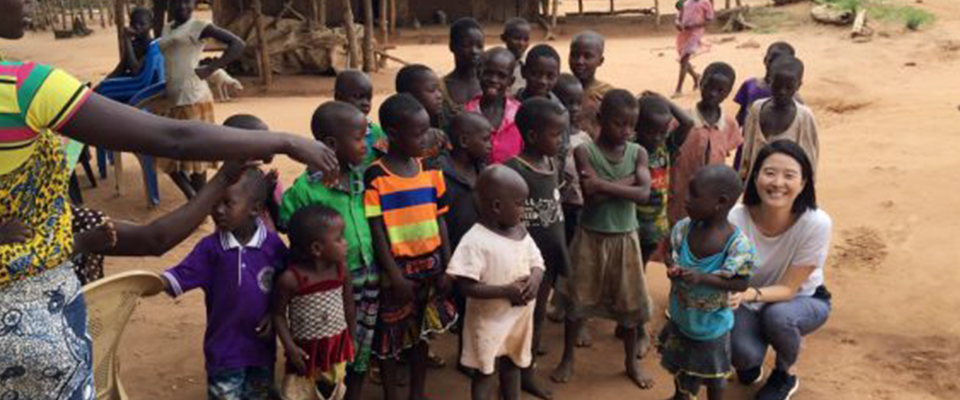Se Eun Park
Participant from the from the Working with Pathogen Genomes course, Vietnam
 I am an Associate Research Scientist at the International Vaccine Institute, and a Adjunct Professor at the Yonsei University Graduate School of Public Health, in Seoul, South Korea. My research focus has been on vaccine preventable diseases and infectious diseases in resource limited settings. Studies cover various epidemiological investigations and observational studies on enteric and diarrheal diseases such as typhoid fever, invasive nontyphoidal Salmonella disease, nontyphoidal Salmonella, cholera, and other common diarrheal diseases.
I am an Associate Research Scientist at the International Vaccine Institute, and a Adjunct Professor at the Yonsei University Graduate School of Public Health, in Seoul, South Korea. My research focus has been on vaccine preventable diseases and infectious diseases in resource limited settings. Studies cover various epidemiological investigations and observational studies on enteric and diarrheal diseases such as typhoid fever, invasive nontyphoidal Salmonella disease, nontyphoidal Salmonella, cholera, and other common diarrheal diseases.
These multi-country studies were conducted in collaboration with many distinguished institutes across African countries and academia. Selected publications include: Park SE et al., The Severe Typhoid Fever in Africa Program: Study Design and Methodology to Assess Disease Severity, Host Immunity, and Carriage Associated with Invasive Salmonellosis; Park SE et al., The Relationship Between Invasive Nontyphoidal Salmonella Disease, Other Bacterial Bloodstream Infections, and Malaria in sub-Saharan Africa; von Kalckreuth et al., The Typhoid Fever Surveillance in Africa Program (TSAP): Clinical, Diagnostic, and Epidemiological Methodologies.

The ACSC Advanced Course on pathogen genomes helped expand my knowledge and understanding on the multitude of complex genomic epidemiological analyses. As a result, I am currently leading projects on other enteric diseases, focusing on cholera and diarrheal diseases (funding awarded from the government of the Republic of Korea/Korea International Cooperation Agency and the Korea Support Committee of the International Vaccine Institute). I have ambition to further explore this area of research, utilizing the knowledge and skillset obtained on the course to conduct genomic analysis of surveillance data as the ongoing projects unfold. These projects aim to conduct various epidemiological investigations on cholera and diarrheal diseases in the study target areas in low and middle income countries (LMICs), including phylogenetics of V. cholerae and other bacterial pathogens that may be detected. Studies on post-licensure (post-registration) vaccine effectiveness and impact of oral cholera vaccine (OCV), and site-specific risk factors and healthcare seeking behaviour associated with cholera in the target populations are also planned.
